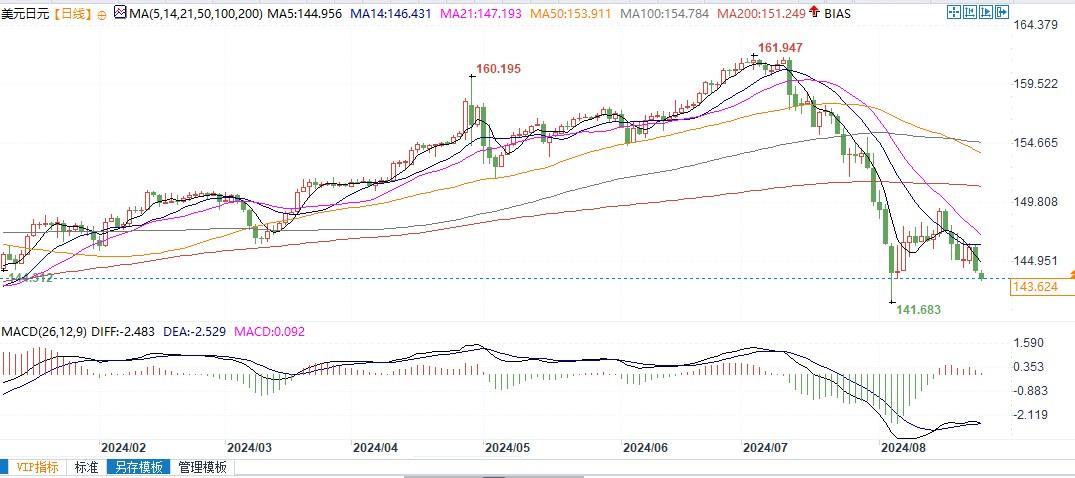Is the significant fluctuation of the Japanese yen this year still a safe haven asset?
The Japanese yen has traditionally been seen as a safe haven asset that can protect investors from the impact of economic and market turbulence. However, after experiencing significant fluctuations this year, can this status still remain unchanged? Recently, market analyst Lim Hui Jie wrote an article providing the answer.
The Japanese yen fell to its lowest level since 1986 in June, prompting the Bank of Japan to intervene. Due to the interest rate hike by the Bank of Japan, the Japanese yen rose and the USD/JPY fell by 12% in just three weeks.
Setting aside the volatility of the Japanese yen, economist Ryota Abe of Sumitomo Mitsui Banking Corporation believes that due to the "predictability" of the yen, its safe haven status remains largely unchanged.
He said, "Given that Japan remains the world's largest external creditor country, with a sustained current account surplus and inflation, we believe we can call the yen a 'safe haven'
Hugh Chung, Chief Investment Advisor of Wealth and Fund Platform Endowment, stated that the yen has not lost its sensitivity to US interest rates and will remain a safe haven asset during periods of economic growth panic.
Abe Ryota stated that the high volatility of the Japanese yen is caused by changes in the external market environment, rather than internal factors in Japan. If the decision of the Bank of Japan is the cause of the volatility, the market reaction should be much stronger. He added that the yen "should have been bought back immediately after the Bank of Japan made a decision, but that is not the case".
Abe Liangtai predicts that the USD/JPY will trade around 145 this year, and further trends will depend on the pace of the Federal Reserve's interest rate cuts, which he calls "crucial". He predicts that by the end of 2025, the US dollar against the Japanese yen will fall to around 138 due to high volatility, and may even drop to 130.
This fluctuation may come from changes in the monetary policy of the Bank of Japan, but Abe expects that the Bank of Japan will not raise interest rates "for now".
He did not completely rule out the possibility of the central bank raising interest rates, pointing out that Japan's GDP in the second quarter showed a stronger than expected recovery in private consumption, which may provide support for interest rate hikes.
Hugh Chung differs in his assessment: "Given that the liquidation of 'carry trades' has already partially occurred and the central bank's actions may not cause such a big surprise to the market, the volatility of the yen may have peaked this year
Both experts agree that the trend of the Japanese yen may depend on the growth prospects of the US economy.

USD/JPY daily chart
Tips:This page came from Internet, which is not standing for FXCUE opinions of this website.
Statement:Contact us if the content violates the law or your rights
